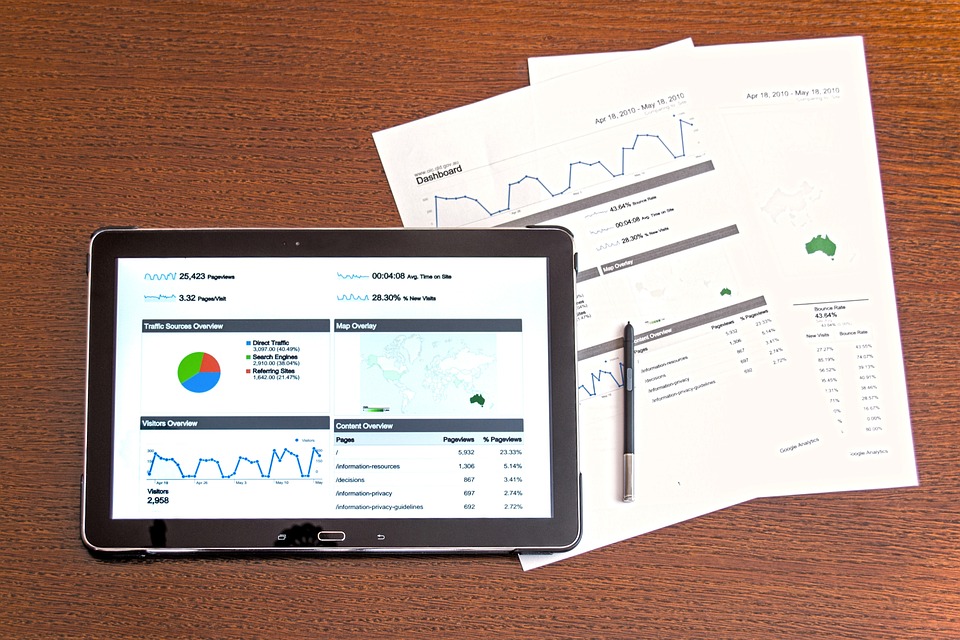Managing Depression: Tips for Coping and Finding Help
Depression is a common but serious mental health condition that can affect people of all ages. It can interfere with daily life and make it difficult to function. However, there are ways to manage depression and find help. In this article, we will discuss some tips for coping with depression and finding the support you need.
Understanding Depression
Before we delve into managing depression, it’s important to have a basic understanding of what it is. Depression is more than just feeling sad or down. It is a mental health disorder that can cause persistent feelings of sadness and loss of interest in activities. Symptoms of depression can vary from person to person but may include feelings of hopelessness, irritability, changes in appetite, and difficulty concentrating.
Tips for Coping with Depression
While managing depression can be challenging, there are several strategies that can help individuals cope with their symptoms:
1. Seek Professional Help
One of the most important steps in managing depression is seeking professional help. A mental health professional, such as a therapist or psychiatrist, can provide an accurate diagnosis and recommend treatment options tailored to your specific needs.
2. Stay Connected
It’s important to maintain social connections, even when you don’t feel like it. Reach out to friends and family members, and consider joining a support group to connect with others who understand what you’re going through.
3. Get Regular Exercise
Exercise has been shown to be an effective way to improve mood and reduce symptoms of depression. Aim for at least 30 minutes of physical activity most days of the week.
4. Practice Self-Care
Engage in activities that make you feel good, such as reading, taking a bath, or spending time in nature. Self-care can help reduce stress and improve overall well-being.
5. Set Realistic Goals
Break tasks into smaller, manageable steps and set realistic goals for yourself. This can help you feel a sense of accomplishment and boost your self-esteem.
6. Limit Alcohol and Caffeine
Both alcohol and caffeine can negatively impact your mood. Limit your intake and see if it makes a difference in your symptoms.
Finding Help
If you or someone you know is struggling with depression, it’s important to seek help. There are many resources available for those dealing with mental health issues:
- Therapy: Talking to a therapist can provide valuable support and guidance for managing depression.
- Medication: In some cases, medication may be prescribed to help manage symptoms of depression.
- Support Groups: Joining a support group can provide a sense of community and understanding from others who are dealing with similar challenges.
- Emergency Services: If you or someone you know is in crisis, don’t hesitate to call emergency services or a helpline for immediate support.
Conclusion
Managing depression is a complex journey, but it’s one that can be navigated with the right support and resources. By seeking professional help, practicing self-care, and staying connected, individuals can better cope with their symptoms and improve their overall well-being.
FAQs
Q: Is depression a sign of weakness?
A: No, depression is not a sign of weakness. It is a medical condition that requires treatment and support.
Q: Can depression go away on its own?
A: In some cases, depression may improve on its own, but it’s important to seek professional help for a proper evaluation and treatment plan.
Q: How can I help someone I know who is struggling with depression?
A: Be supportive and understanding, encourage them to seek professional help, and offer to help them find resources if needed.

